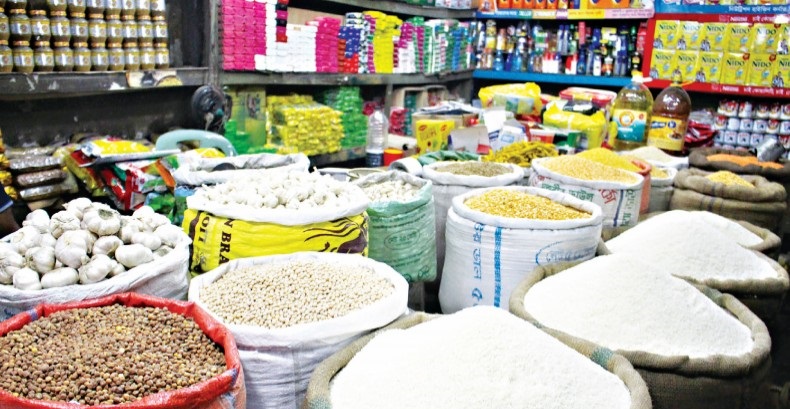The institutionalisation of safe food eludes Bangladesh as the authorities concerned have failed to transform into actions plans laid out in the law book or repeated as rhetoric.
Food safety-related laws with a dozen ministries, their allied organisations and local government organisations such as city corporations have thus failed to create an impact in decades.
The oldest of the safe food-related laws dates back to 1959, but the authorities still think that the time is not ripe for the strict implementation of the laws and keep advocating awareness campaigns.
‘Unfortunately, we are still stuck in a mindset that cares the least for safe food,’ food minister Sadhan Chandra Majumder told New Age.
‘We need to change our attitude through awareness,’ he said.
Sadhan admitted that many of the foods on our daily menu, including milk, are either adulterated or contaminated as businessmen continued inflating profit by illegal means.
The fact that businesses continue repeating illegal practices to increase profit serves as evidence to the existence of an unholy nexus offering a way out through corruption, said consumer rights activists.
For decades the government has been enforcing safe food laws fragmentarily with the declared policy of not hurting businesses but rather trying to persuade businesspeople into changing their attitude by making them aware about safe food practices.
But businesses still use textile colours in food, make artificial cow milk using soap, shampoo and other chemicals, sell date-expired food, refrigerate cooked food next to raw food and serve stale food to customers while their employees, too, care the least about safe food.
The atmosphere inside restaurants is deplorable with kitchens set up next to open toilets and many food processing factories never clean their machineries leading to lead and other contamination.
‘The government is using the safe food campaign for promoting businesses, rather than building an effective mechanism to stop food fraud to protect consumers,’ said Consumers Association of Bangladesh vice-president SM Nazer Hossain.
CAB’s doubt about the government intention to institutionalise safe food finds ground when the same practice of ruining food quality to inflate profit persists with companies repeating the same offence.
Last week the Shwapno super shop, a retail chain, was warned after a monitoring team from the Bangladesh Food Safety Authority found artificial colour at trays containing liver and meat.
The company last year was found selling date-expired meat.
The BFSA skipped information about the entire monitoring drive and circulated only a mobile-team operation at a separate Shwapno outlet finding everything in perfect condition.
A pure-food court in January found that the Bangladesh Standard and Testing Institution had destroyed evidence relating to the prosecution of 61 companies accused of marketing 73 uneatable packaged food items last year.
The court accused the BSTI of trying to mislead the trial and deliberately frame innocents in order to let real culprits go.
‘No number of institutions or laws can ensure safe food when the government and its organisations are in favour of dishonest businesses,’ said Nazer.
The BFSA got its first food analyst about five years and eight months after rolling into operation and still does not have a food testing laboratory.
Last year the prime minister spoke about constructing a specialised food testing laboratory with branches across divisions but the BFSA is not even near to owning a laboratory till the date.
The BFSA for the first time appointed 67 officers for all the districts but the lack of office and other logistic services stand in their way of carrying out duties.
Many of the sections of the food safety act cannot be enforced in absence of rules, providing food frauds with an easy escape.
Last week, Abul Khair Group, a leading consumer goods company, walked out of a pure-food court with an acquittal on the grounds that the law did not permit prosecution over cheating people with deceptive advertisement due to the lack of rules.
Defeats are inevitable with the BFSA appointing its designated inspectors, class-II government employees, to fight highly qualified lawyers with overseas degrees defending accused at pure-food courts.
‘We are fighting a losing battle,’ said food safety inspector Mohammad Kamrul Hasan, frustrated over the Abul Khair case.
The BFSA even could not form all the technical committees that it was required to under the Safe Food Act 2013. A few committees that it constituted do not meet regularly either.
BFSA member Monzur Morshed admitted that they made no progress in determining safe limits for food additives and other chemicals in foods as foods are produced, industrially processed and stored.
Another BFSA member Abdul Alim belie













